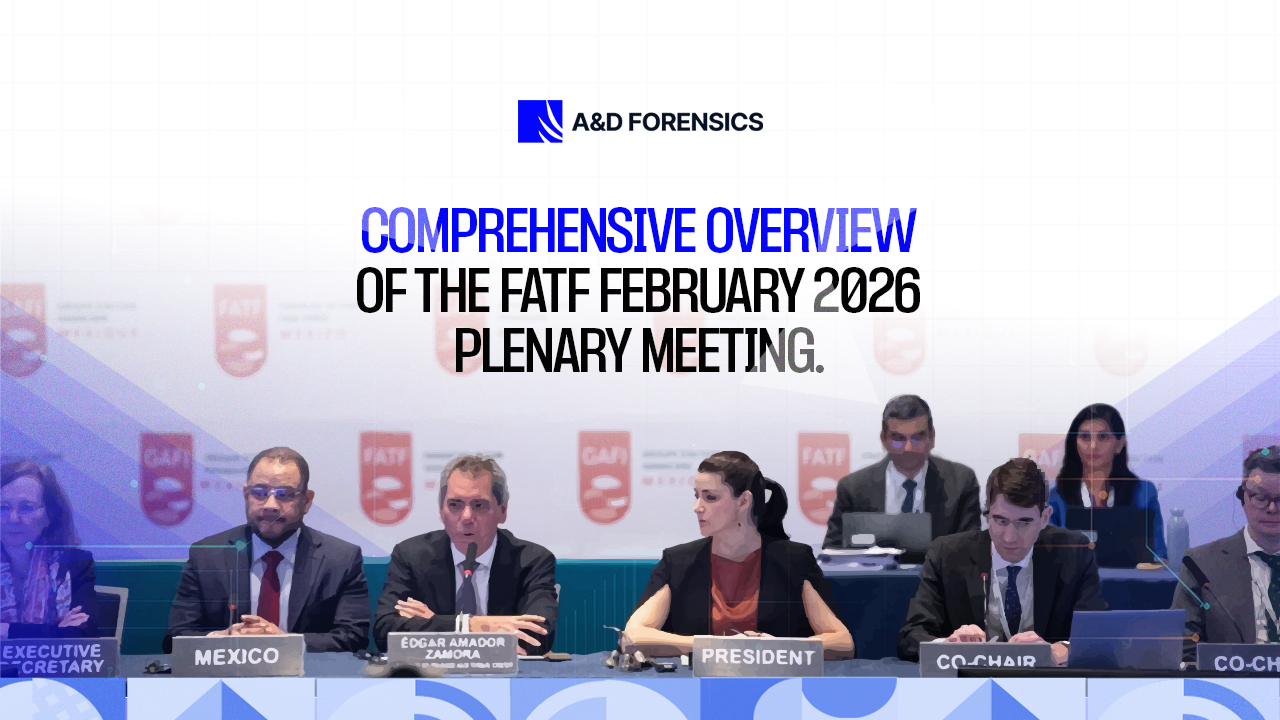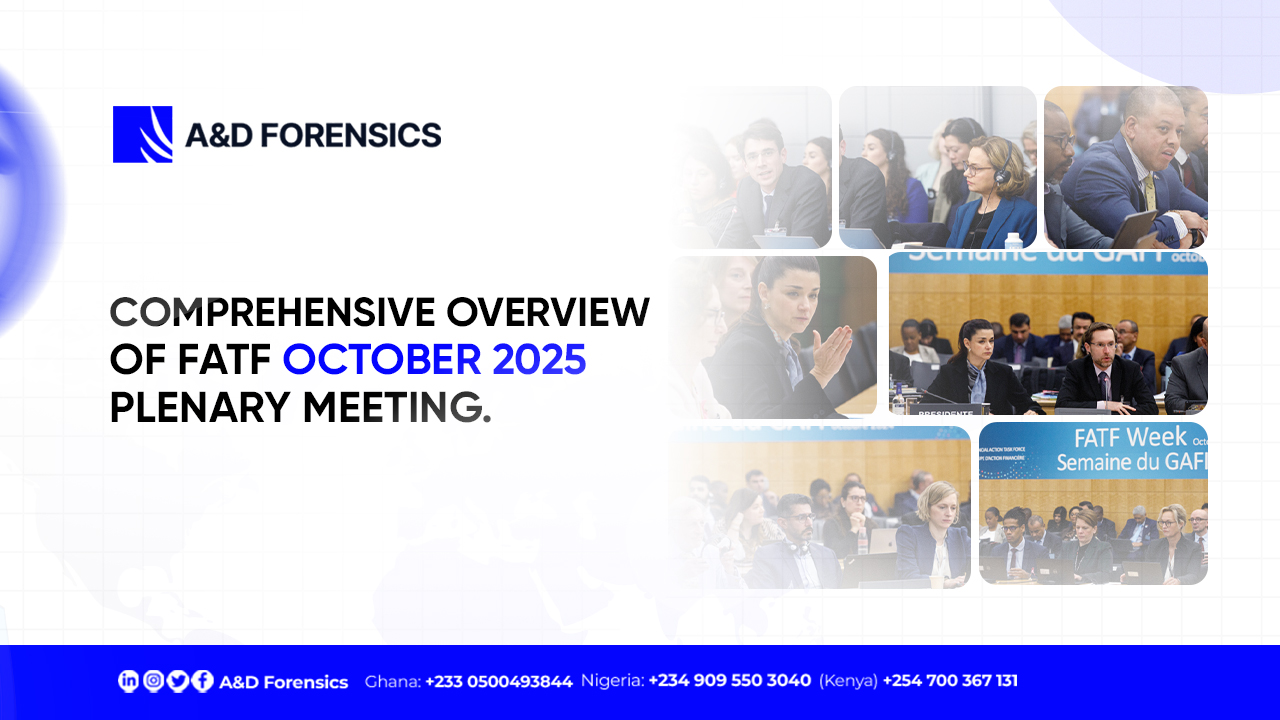The Financial Action Task Force (FATF), as the global standard-setter for combating money laundering and terrorist financing, provides 40 FATF Recommendation to guide countries in building effective AML/CFT frameworks. Two of these FATF Recommendations focus on transparency and customer due diligence, both critical in maintaining the integrity of financial systems
FATF Recommendation 9: Financial Institution Secrecy Laws
Recommendation 9 emphasizes that financial institution secrecy laws should not hinder the implementation of the FATF Recommendation. To ensure that confidentiality laws or banking secrecy regulations do not obstruct the sharing of information needed for effective AML/CFT (Anti-Money Laundering/Combating the Financing of Terrorism) measures.
Key Provisions of FATF Recommendation 9: Financial Institution Secrecy Laws.
- No Obstruction by Secrecy Laws: Financial institution secrecy laws must not prevent the implementation of FATF Recommendation, particularly in relation to: Information sharing for AML/CFT compliance, Regulatory oversight, Cross-border cooperation.
- Access to Information for Competent Authorities: Regulatory, law enforcement, and supervisory bodies must be able to access necessary information from financial institutions, regardless of banking secrecy laws.
- Facilitating Domestic and International Cooperation: Confidentiality laws must not inhibit cooperation between authorities, both within a country and across borders.
Challenges of FATF Recommendation 9: Financial Institution Secrecy Laws.
- Legal Barriers: Some jurisdictions have strict privacy or banking secrecy laws that limit the ability of financial institutions to share client information with authorities or even within international investigations.
- Cross-Border Cooperation: Jurisdictions with strong secrecy laws can become safe havens for illicit funds, making international cooperation difficult.
- Resistance from Financial Institutions: Concerns over client confidentiality, reputational risks, and potential legal liability may deter institutions from cooperating fully with AML/CFT requests.
Best Practices for Compliance with FATF Recommendation 9
- Legislative Reform: Countries must amend national laws to allow information sharing that supports AML/CFT obligations.
- Clear Guidance: Regulators should issue guidance to financial institutions clarifying when and how confidentiality obligations can be overridden for AML/CFT purposes.
- International Agreements: Bilateral or multilateral MOUs can facilitate cooperation and information sharing despite local secrecy laws.
FATF Recommendation 10: Customer Due Diligence (CDD).
FATF Recommendation 10 requires financial institutions to identify and verify the identity of their customers and beneficial owners, understand the nature and purpose of the business relationship, and conduct ongoing monitoring of transactions. These CDD measures must be applied when establishing a business relationship, conducting significant transactions, or when there is suspicion of money laundering or terrorist financing.
CDD helps institutions understand who their customers are, why they are transacting, and whether their behavior aligns with expectations. This is vital in detecting and preventing financial crime.
Key Provisions of FATF Recommendation 10: Customer Due Diligence (CDD).
- Identify and verify the identity of the customer: Financial institutions are required to undertake customer due diligence (CDD) measures when establishing a business relationship
- Identify the beneficial owner and take reasonable measures to verify their identity: Financial institutions must identify the beneficial owner and take reasonable steps to verify their identity, so that the institution knows who ultimately owns or controls the customer.
- Understand the nature and purpose of the business relationship: Institutions must understand the purpose and intended nature of the business relationship to effectively assess and manage the risk of the customer.
- Conduct ongoing monitoring: Financial institutions are required to conduct ongoing monitoring of the business relationship, including scrutiny of transactions, to ensure they are consistent with the institution’s knowledge of the customer and their risk profile.
Challenges of FATF Recommendation 10: Customer Due Diligence (CDD).
- Complex Ownership Structures: Shell companies and trusts may obscure beneficial ownership.
- Lack of Reliable ID Systems: Especially in developing countries, customers may lack formal identification documents.
- High Compliance Costs: Institutions often face significant expenses to develop robust CDD systems.
- Customer Resistance: Customers may be reluctant to disclose information, especially in cultures where privacy is highly valued.
Best Practices for Compliance with Recommendation 10
- Adoption of Risk-Based Approach (RBA): Prioritize enhanced due diligence for high-risk clients and simplified due diligence for low-risk situations.
- Use of Technology: Leverage RegTech and digital identity verification tools to streamline the CDD process.
- Beneficial Ownership Registers: Create central registers to make information on ultimate beneficial ownership readily accessible to authorities and obligated entities.
- Capacity Building: Training staff and building institutional knowledge around identifying suspicious activity and conducting proper CDD.
Conclusion.
FATF Recommendation 9 and 10 serve as essential guardrails in protecting the financial system from illicit activity. While Recommendation 9 seeks to ensure that secrecy laws do not obstruct AML/CFT efforts, FATF Recommendation 10 mandates rigorous customer due diligence to identify and mitigate risks associated with financial transactions. While implementation may pose challenges from legal hurdles to technological limitations, jurisdictions that commit to these standards strengthen their financial integrity, attract international investment, and contribute to the global fight against illicit finance.
Explore FATF Recommendation 1 to 8 in our previous blog:
Contributor: Ibrahim Anuoluwapo Azeez






